Connection is vital to human survival and mental health. However, a quick news scan makes it clear that our collective ability to foster connection is facing unprecedented challenges. And few groups have felt these effects more than Generation Z.
At Discord, creating community is our calling, and we take the responsibility of understanding the mental health of our users seriously. For so many people aged 13+ around the world, Discord is the place to hang out and connect authentically. As a communications platform that does not generate revenue through ads or benefit from attention-grabbing algorithmic news feeds, we’ve created something special for our users: a truly customizable experience that allows them to bond over shared interests and find community. And because of that, we feel a deep responsibility to make our platform as welcoming, inclusive, and helpful as possible.
We know that young people are dealing with real challenges: In the U.S., nearly half of adolescents will experience a mental illness at some point in their lives. There is a new world of friendship being nurtured online, and Discord is using its place as a leader in that space to unpack the benefits, implications, and challenges Gen Z faces in their quest for mental well-being in their daily lives.
To better understand the context in which our users are living and to evaluate our role in contributing to solving the youth mental health crisis, we went straight to the source.
In honor of Mental Health Awareness Month, we recently surveyed 1,000 members of Gen Z adults aged 18 to 25 and 1,000 parents of Gen Zers to get their perspectives on the issue. Here’s what we found:
- Stress and anxiety are the No.1 emotions felt by today’s Gen Zers, outweighing feelings of love, happiness, and hope.
- Almost half (43%) rate their mental and emotional health as poor, with just as many (44%) citing uncertainty about the future.
- Over half (55%) say their mental and emotional health has taken a turn for the worse in the past few years.
- There is broad agreement among the scientific community that social media has the potential to both benefit and harm children and adolescents. Our survey found that although some say participation on social media and community platforms contributes to poor mental health, more report that online communications platforms, including social media, play a positive role in their life, providing a welcome source of entertainment, a nice distraction from life’s responsibilities, and a place to feel connected.
Stressed, anxious, hopeless, and unsure, Gen Z feels the weight of the world on their shoulders. Coupled with feelings of isolation and loneliness, the way forward is unclear to them, whether that’s who to ask for help, where to seek it, or how to afford it. Addressing these issues is equally complicated, with several stats surfacing problematic gaps and assumptions that impede progress:
- Just 30% of parents say their Gen Zer’s emotional/mental health has taken a turn for the worse over the past several years, while 55% of Gen Z say this.
- The vast majority of Gen Z believe in the power and wisdom of seeking mental health support when needed; but at the same time, 35% still consider suffering from mental health problems as a sign of weakness.
- Further, 40% feel that today’s attention to mental health is a trend that will likely subside in the coming years, contributing to larger feelings of hopelessness.
Click below to read the full white paper, “MIND MATTERS: Bridging Gaps to Support Gen Z’s Mental Health.”
From this research, we’ve learned that we have a lot of work to do to stay true to our mission. Gen Z has had a tough go of it over the last couple of years, and it is no surprise that feelings of hopelessness, isolation, loneliness, and anxiety are so widely shared. At Discord, we are committing to finding ways to better support users facing mental health obstacles–here’s a glimpse of how:









.png)
.png)
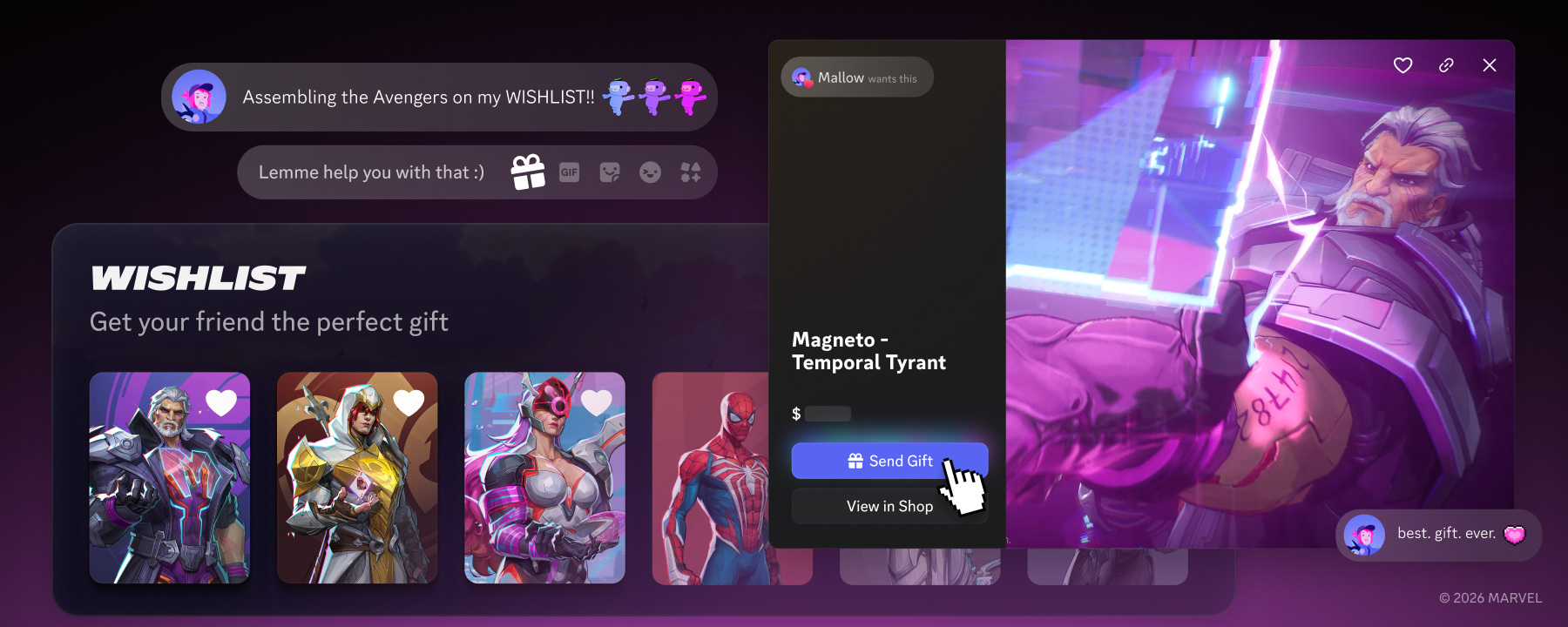
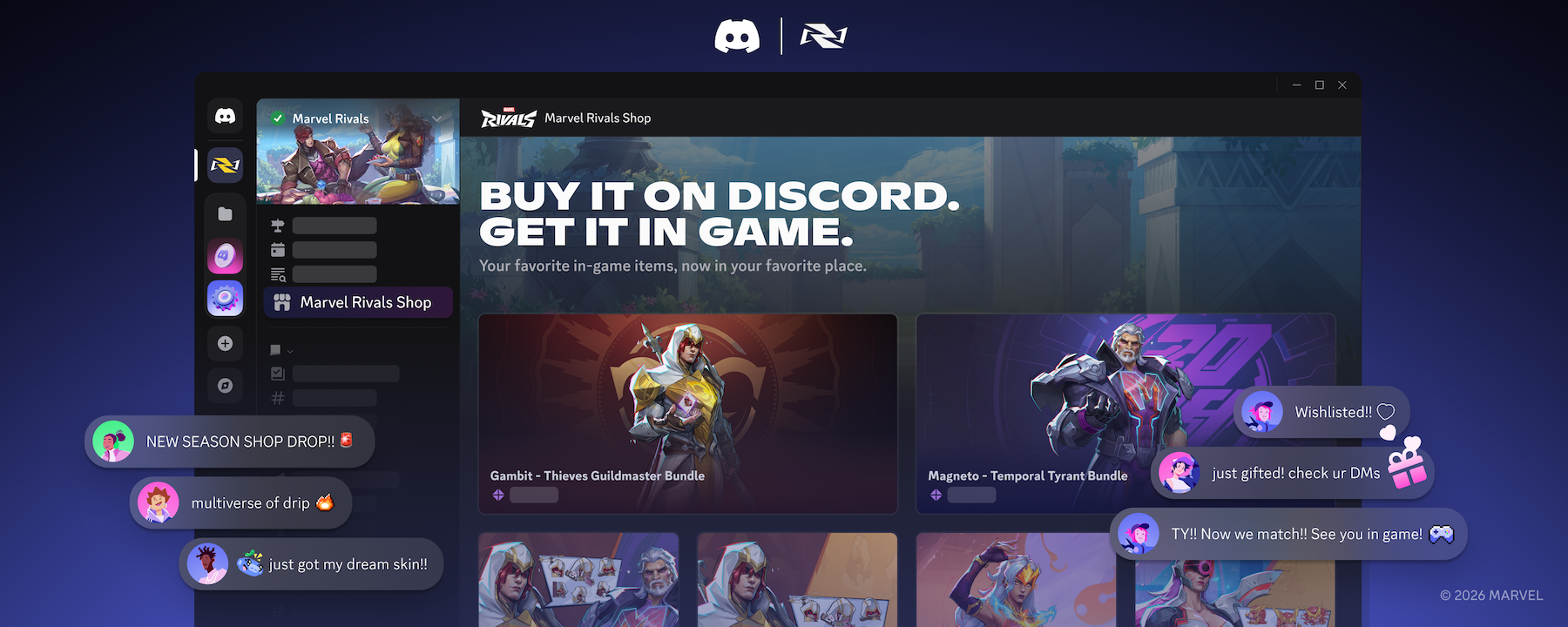

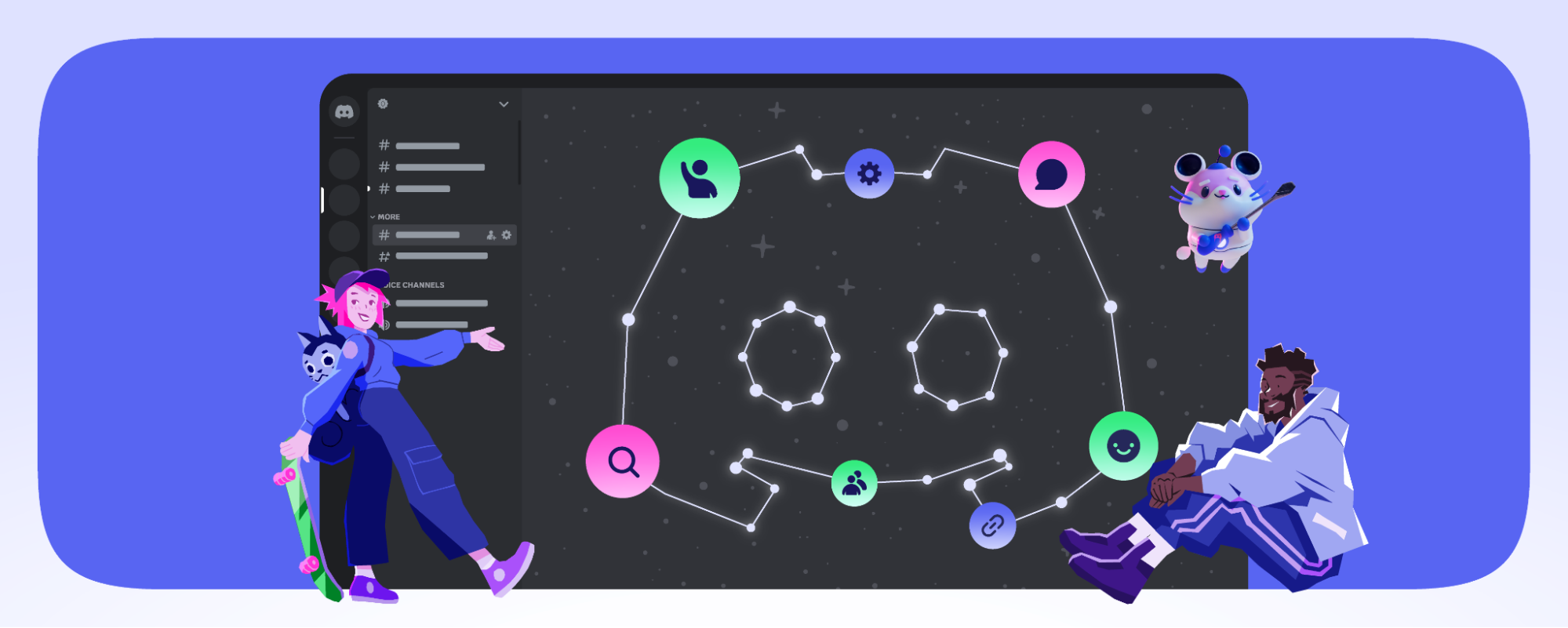

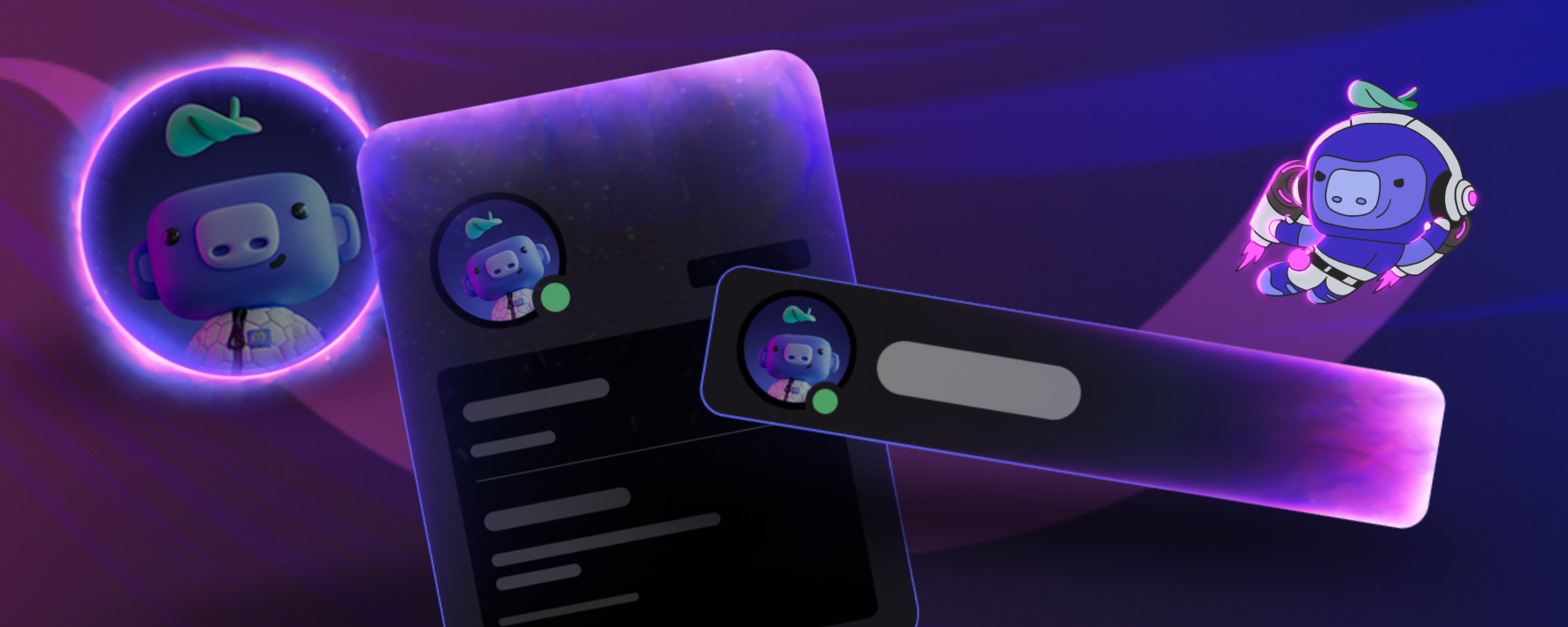
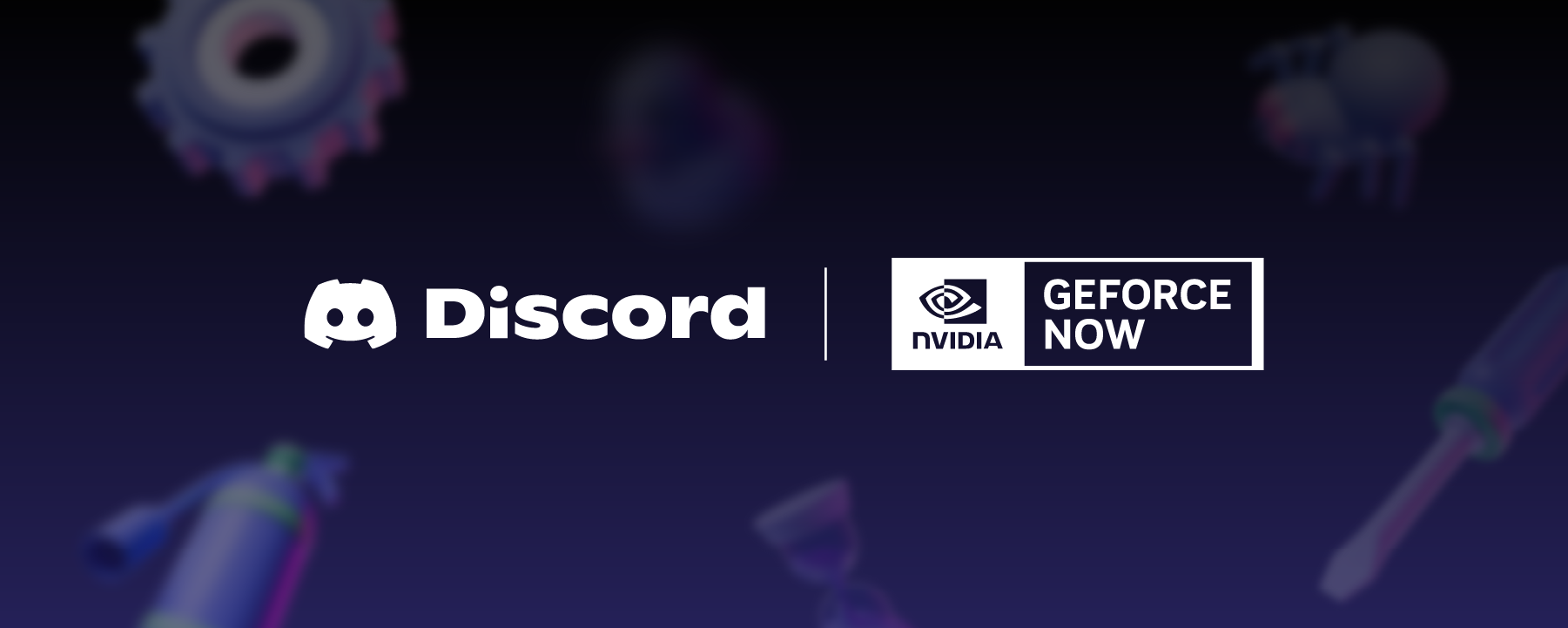








Nameplates_BlogBanner_AB_FINAL_V1.png)


_Blog_Banner_Static_Final_1800x720.png)


_MKT_01_Blog%20Banner_Full.jpg)




























.png)











.png)
















